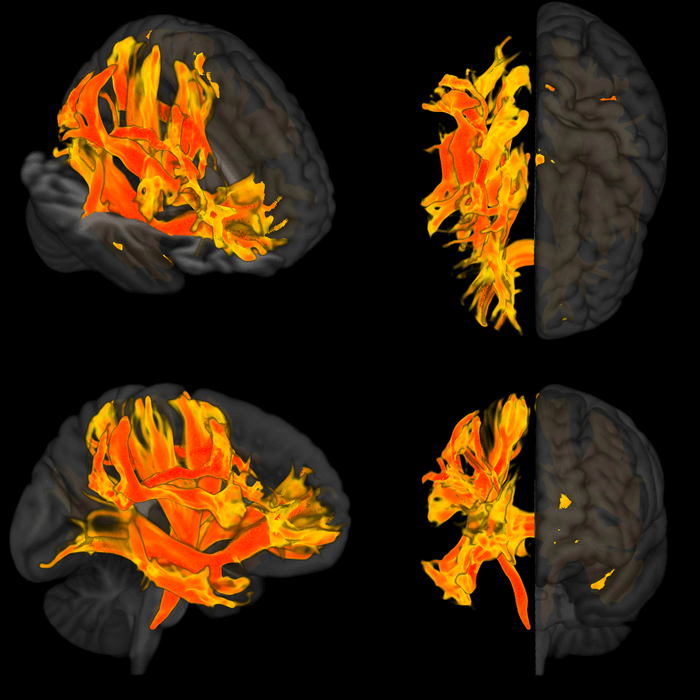SOPHIA ANTIPOLIS, France — Specific areas of the brain impacted by high blood pressure could lead to cognitive decline and dementia, new research shows. An international team of researchers, using brain MRI scans, genetic analyses, and data from thousands of patients, discovered that certain brain regions — particularly those connected to memory loss and cognitive abilities — particularly suffer due to high blood pressure.
This study is the first to pinpoint the exact areas most impacted, a breakthrough that could guide scientists and doctors in creating new treatment methods for cognitive impairment due to high blood pressure and identify individuals at higher risk of developing dementia.
The study was led by Professor Tomasz Guzik, affiliated with both the University of Edinburgh in Scotland and the Jagiellonian University Medical College in Poland. The team conducted a thorough analysis of brain MRI scans, genetic data, and observational information from numerous patients to understand the effects of high blood pressure on cognitive function. They cross-verified their findings with a large, distinct patient group in Italy.
“We have identified specific parts of the brain, including the putamen and specific white matter regions, that are affected by increases in blood pressure. Studying the genes and proteins in these brain structures could help us understand how high blood pressure affects the brain and causes cognitive problems,” says Guzik in a media release. “We may also be able to predict who will develop memory loss and dementia faster in the context of high blood pressure, aiding precision medicine.”
High blood pressure affects approximately 30 percent of the global population, with another 30 percent exhibiting early signs of hypertension. Prior studies have shown that high blood pressure can alter brain function and cause long-term changes. However, the exact mechanisms and specific regions of the brain affected remained unknown until this study.

(credit: Dr. Lorenzo Carnevale, IRCCS INM Neuromed, Pozzilli, Italy.)
In their research, co-funded by the European Research Council, the British Heart Foundation, and the Italian Ministry of Health, Guzik and his team analyzed MRI images of over 30,000 patients from the UK Biobank study. They used genetic information from genome-wide association studies (GWAS) from three international groups and a method called Mendelian randomization to determine whether high blood pressure was the root cause of changes to specific brain parts.
“Mendelian randomization is a way of using genetic information to understand how one thing affects another. In our study, if a gene that causes high blood pressure is also linked to certain brain structures and their function, then it suggests that high blood pressure might really be causing brain dysfunction at that location, leading to problems with memory, thinking, and dementia,” explains Guzik.
The researchers discovered that alterations in nine brain areas were associated with high blood pressure and worsened cognitive function. These included the putamen, a part of the brain involved in regulating movement, learning, motor control, language functions, reward, cognitive functioning, and addiction. Other affected areas were white matter regions, which facilitate signal transmission between different brain parts. Changes in these areas manifested as decreases in brain volume, alterations in brain cortex surface area, and changes in brain activity measures and connections.
“This study shows that specific brain regions are at particularly high risk of blood pressure damage, which may help to identify people at risk of cognitive decline in the earliest stages, and potentially to target therapies more effectively in the future,” adds co-author professor Joanna Wardlaw from the University of Edinburgh.
This study is published in the European Heart Journal.
South West News Service writer James Gamble contributed to this report.


This study, plus being 86, accounts for my declining intellectual capability. Note, for example, the many spelling and punctuation errors in this reply.